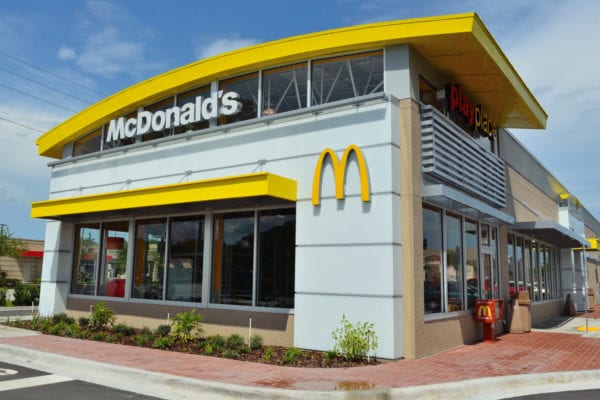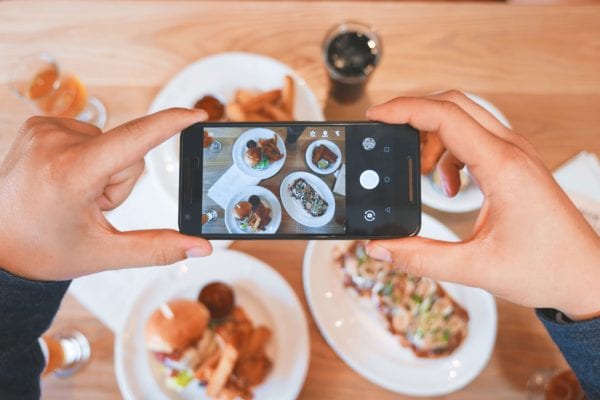Skift Take
The young guns in the C suite at RBI have significant tech ground to make up against their rivals. Kobza will need to move fast.
— Jason Clampet
Burger King owner Restaurant Brands International Inc. is creating a new C-suite role focused on technology, aiming to keep pace with fast-food rivals as they embrace mobile ordering and other digital services.
Josh Kobza, who has spent the past five years as chief financial officer, is becoming chief technology and development officer, the company said Monday. Kobza, 31, will oversee digital initiatives at the company’s three restaurant chains, which include Tim Hortons and Popeyes Louisiana Kitchen.
The restaurant industry is racing to make it easier for customers to order food with their phones — technology that has helped fuel sales at Starbucks Corp. and Domino’s Pizza Inc. By creating the tech-czar job, Restaurant Brands Chief Executive Officer Daniel Schwartz aims to show that the company is serious about updating its operations.
The stakes are high, especially as archrival McDonald’s Corp. lets more customers order and pay digitally. The technology is seen as a way to speed up orders, improve accuracy and keep diners more loyal.
“We see how impactful its been — not just at McDonald’s — but across the spectrum,” Schwartz, 37, said in an interview.
Buffett’s Backing
Restaurant Brands was created in late 2014 when Burger King, with backing from Warren Buffett’s Berkshire Hathaway Inc., bought the Canadian coffee chain Tim Hortons and combined the two businesses. The company bought Popeyes last year. Private equity firm 3G Capital controls about 43 percent of the company’s voting shares, and Bill Ackman’s Pershing Square Capital Management is its largest shareholder.
There is work to do on technology across the chains operated by Restaurant Brands, according to Schwartz. Tim Hortons rolled out a mobile ordering app last year, but Burger King is still catching up. While the burger restaurant has an app, customers aren’t yet able to pay through it.
Digital-ordering kiosks — flat-screen terminals that let customers choose their food at restaurants — are another front in the fast-food industry’s tech war. So far, Burger King is just testing the kiosks in the U.S.
Popeyes, meanwhile, isn’t currently using a uniform payment system at its more than 2,800 locations — a key first step that would let the fried-chicken chain pursue more digital upgrades.
“It’s clear how important technology is to our sector,” Kobza said.
©2018 Bloomberg L.P.
This article was written by Craig Giammona from Bloomberg and was legally licensed through the NewsCred publisher network. Please direct all licensing questions to [email protected].
![]()




